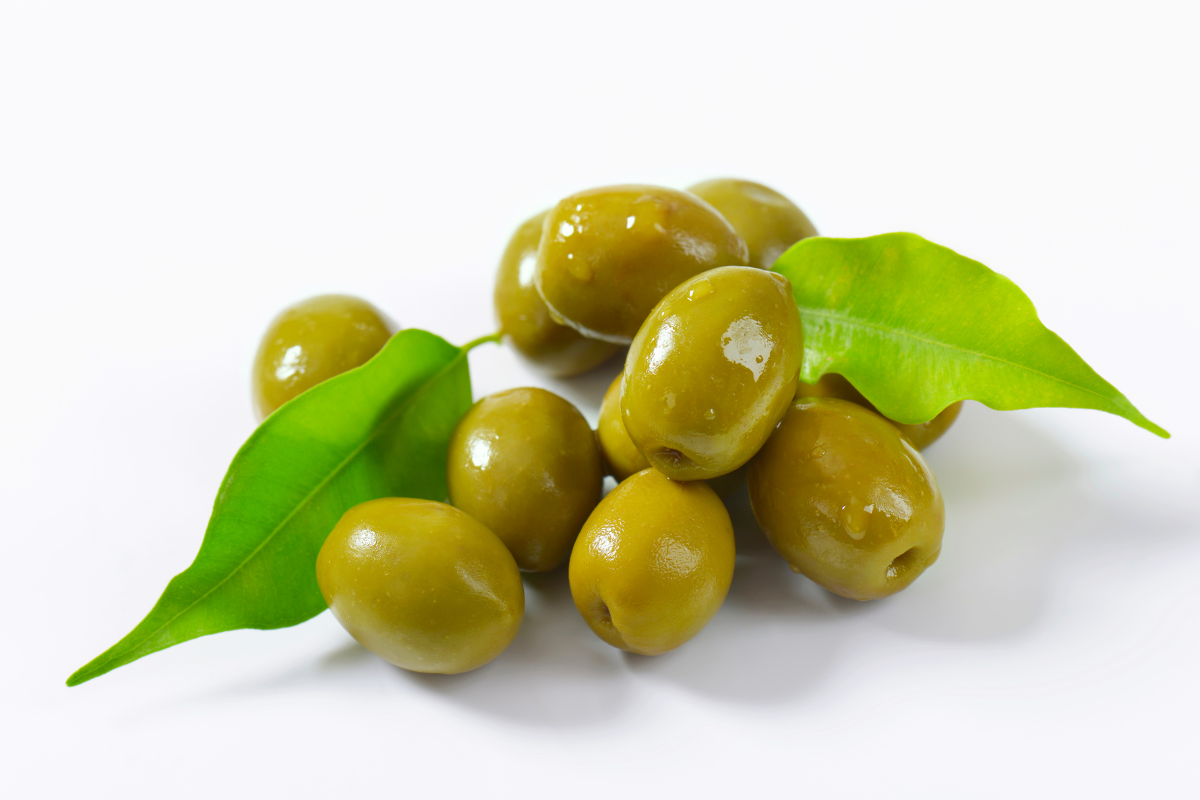Superfoods have always been praised in the health, fitness, and food industry alike. Any and all foods that are a rich source of vitamins, minerals, nutrients, antioxidants, and healthy fats are classified as superfoods. Including superfoods in your diet will not only help improve the quality of your meals and nutrition but also, provide you with multiple health benefits. Moreover, most of the superfoods are not only inexpensive but very easily available, too.
Amongst the many superfoods that are a fan favorite, are olives. Hailing from a family of fruits called drupes, olives are the distant cousins of mangoes, peaches, almonds, pistachios, and cherries.
Olives comprise one of the central ingredients in the Mediterranean diet in the form of olive oil. Rich in vitamin E and antioxidants, olives can help prevent diseases such as osteoporosis and cancer.
In this article, we will be discussing everything there is to know about olives.
Nutritional facts
Here’s a peek at what all you’d replenish your body with if you include olives into your diet (per 100 grams):
Calories: 115-145 kcal
Fats: 10.7 grams
Fibre: 3.2 grams
Protein: 0.8 grams
Olive are a rich source of a number of vitamins and minerals. Given below is a list of the same:
- Copper
- Vitamin E
- Calcium
- Sodium
- Iron
- Vitamin A
Along with being a wonderful source of all the vitamins and minerals mentioned above, olives are a rich source of antioxidants. Antioxidants help in neutralising free radicals in the body. Free radicals are formed as a byproduct when the body produces energy. If not neutralised, these free radicals can be very harmful for the body as they cause oxidative stress which is damaging to cells and tissues.
As a certain kind of free radical can only be neutralised by a certain kind of antioxidant, olives are a great ingredient as it contains five different types of antioxidants.
Listed below are all the antioxidants that are found in olives:
- Tyrosol
- Oleuropein
- Oleanolic acid
- Quercetin
- Hydroxytyrosol
Olives benefits
Better heart health
Being a rich source of Vitamin E and Oleic acid, olives are known for their incredible heart health benefits. Consuming olives can help you regulate your cholesterol and prevent the oxidation of LDL cholesterol. Including olives in your diet can also help you manage your blood pressure levels.
Better bone health
As stated earlier, olives are a great source of calcium, and can help prevent diseases like osteoporosis. Bone density and quality begins to decline over time, especially amongst women. Including olives in your diet is a healthy and tasty way to resolve bone problems in women. Moreover, if you follow a vegan lifestyle then olives are a great alternative source of calcium.
Reduces risk of cancer
Studies have shown that Mediterranean countries are at a much lower risk of developing cancer, thanks to the inclusion of olives into their diets. Same goes for people who follow the Mediterranean diet. Hence, including olives in your diet can help reduce the risk of cancer.
Supports eye health
Being a rich source of Vitamin A, olives are amazing for supporting your eye health. Vitamin A also helps in dealing with many eye-related diseases like cataracts, glaucoma, ocular diseases, and macular degeneration.
Improves skin and hair health
Vitamin E in olives helps in improving skin and hair health. A lot of skincare and haircare products boast of olives as one of their central ingredients, and for good reason. Vitamin E guards the skin against ultraviolet rays and helps prevent premature aging. You can include olives into your diet, or even use olive oil externally for your skin and hair.
Improves digestive tract health
The abundance of antioxidants and vitamin E in olives can help prevent the risk of colon cancer. Moreover, it supports the secretion of bile and pancreatic juice, easing the digestion process in the body. Olives are 17% more effective in aiding the secretion of bile and pancreatic juice than any other prescribed drugs. Being a rich source of fibre, they also aid in better movement and digestion of food.
Final thoughts
Olives can prove to be a great addition to your diet. They’re tasty, low in calories, and high in good fats. They’re also pretty easy to include into your diet, especially if you’re following the Mediterranean diet. Given the multiple health benefits, olives falling under the category of ‘superfoods’ is quite justified.
As a word of caution, keep in mind that olive oil has a fairly low smoking point and is not recommended to be heated to high temperatures. It is best used as a salad dressing or dip.
So what are you waiting for? Include olives into your diet today.

